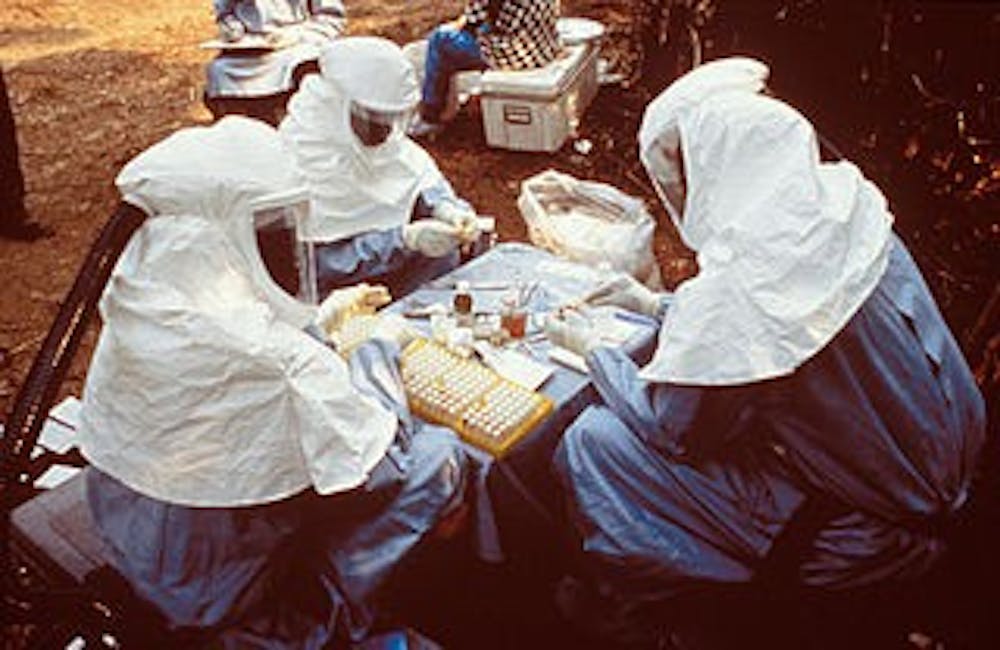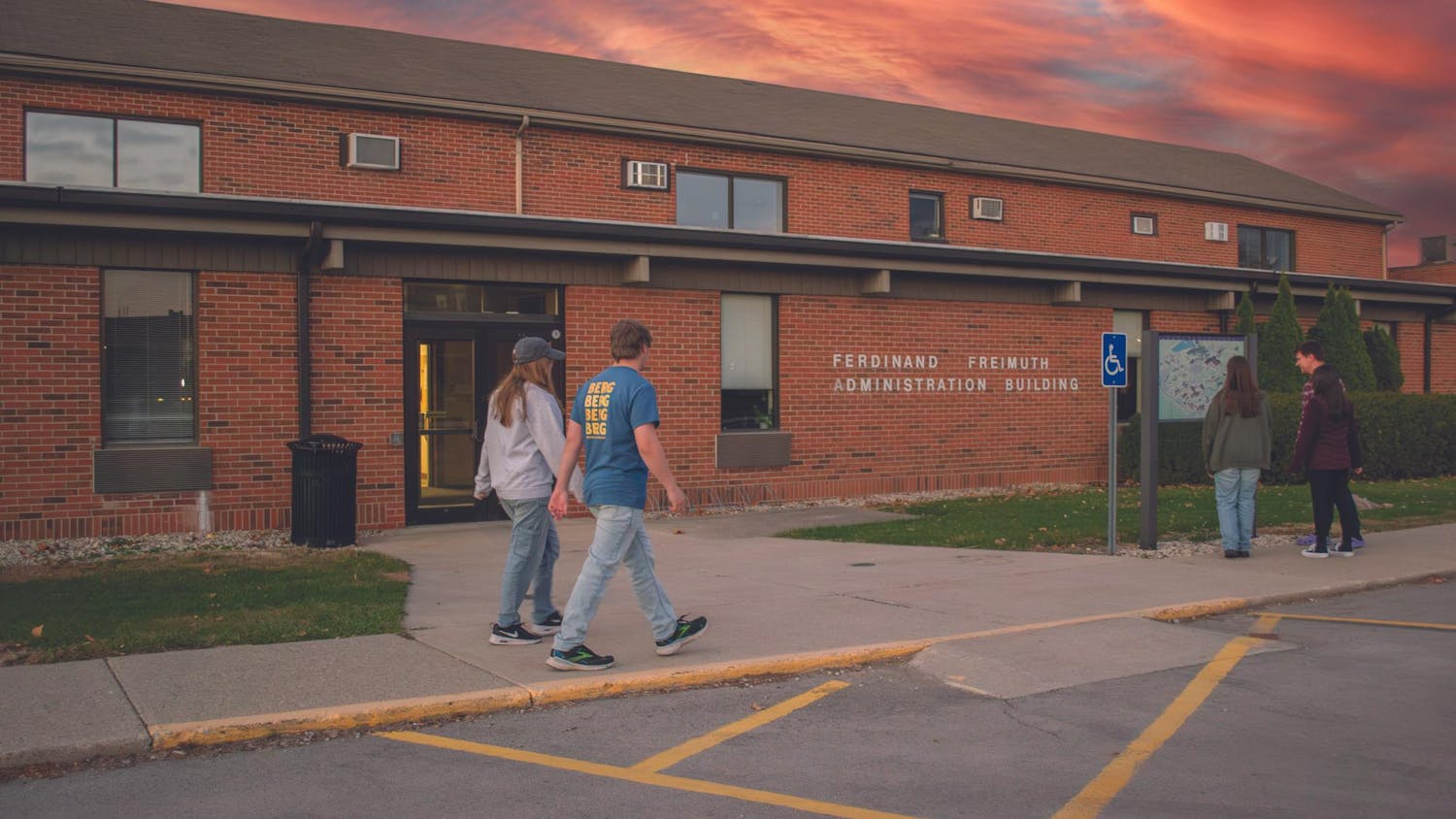By Julia Camara | Echo
As government officials and specialists race to contain West Africa's Ebola outbreak, the economies of Guinea, Liberia and Sierra Leone are being devastated by the deadly virus's silent assault.
The World Bank reported that if the virus continues to spread, it could severely impact the country's already fragile economies.
Economic decline is closely linked to what the World Bank is calling "aversion behaviors"-people going to extremes to avoid the virus, according to The Washington Post. Officials said this fear factor is causing the largest economic effects.
"The primary cost in this tragic outbreak is in human lives and suffering," said World Bank Group President Jim Yong Kim, according to Time. "But the sooner we get an adequate containment response the faster we can blunt Ebola's economic impact."
Kim said aversion behaviors have reduced labor-force participation, closed places of employment, disrupted transportation and motivated decision-makers to close airports and seaports. Government officials also closed the borders of these disease-stricken countries, plugging efforts to import or export goods.
While officials fight to contain the rapidly-spreading disease, Ebola can still expand its borders by way of tourism and trade. Kim said if the disease were to spread into other African countries, the impact's cost could rise into the billions of dollars, according to The Washington Post.
Sierra Leone's Agriculture Minister, Joseph Sam Sesay, said in a BBC interview that his country's economy has plummeted 30 percent due to Ebola. The agriculture sector has been most impacted-60 percent of Sierra Leone's people are farmers. Fear has crippled the minds of the people, driving them to abandon their farms and flee for their lives.
"We are definitely expecting a devastating effect, not only on labour availability and capacity, but we are also talking about farms being abandoned by people running away from the epicenters and going to areas that don't have the disease," Sesay said.
The World Bank report said Ebola could potentially have an $809 million impact, depending on how countries deal with the virus, according to Time. World Bank has called for an increase in foreign aid and an accelerated search for a treatment for the disease.
"External finance is clearly needed," said the World Bank report, according to Time. In response to the growing crisis, President Barack Obama deployed 3,000 U.S. military forces to West Africa earlier this week and committed over $500 million to fight the outbreak.
As the epidemic throws people into a frenzy, Diana Games, chief executive of Johannesburg-based consultant African@work, said fear might reverse Africa's recent economic revival. "The stereotypes of Africa as a place of poverty and disease have started to emerge again," Games said in a BBC interview.
However, Games believes history will remember the 2014 Ebola outbreak as a blip rather than a permanent U-turn in Africa's development.





